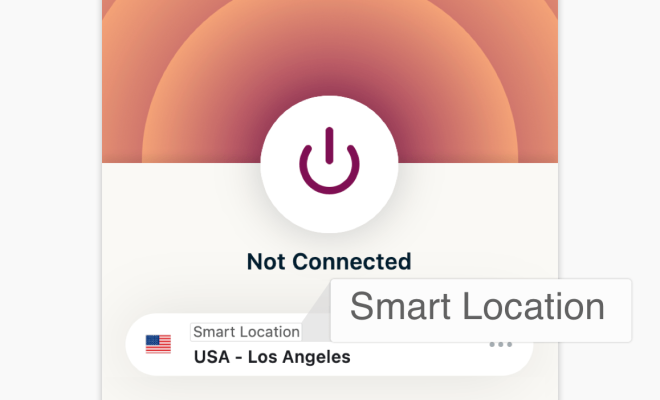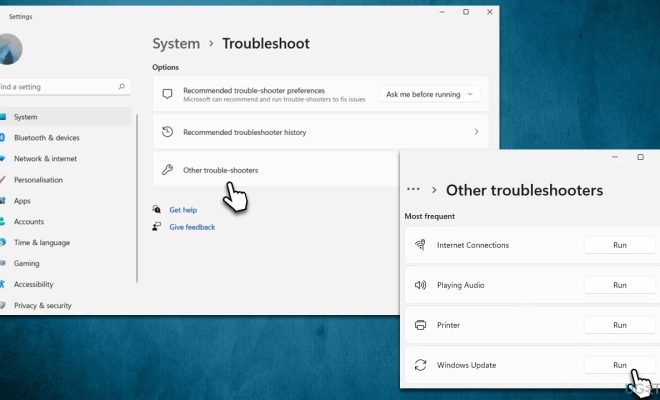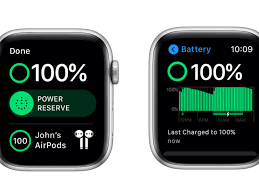How to Choose the Best VPN Server Location

As internet usage and connectivity continue to increase globally, the need for secure web browsing has also become more pressing. Virtual Private Networks (VPNs) have become an essential tool for many internet users seeking to gain privacy and anonymity, avoid geographic restrictions, and safeguard their internet traffic.
A VPN works by creating a secure and encrypted connection between a user’s device and the internet, using a server located in a different geographical location. Therefore, when choosing the best VPN server location, it is vital to consider several factors.
1. Geographical location
The geographical location of a VPN server is an essential factor to consider when choosing a VPN provider. The farther the location of the VPN server from the user’s location, the slower their internet connection is likely to be. A VPN service with servers that are closer to the user’s location is ideal because it provides faster upload and download speeds, which is crucial when streaming or downloading videos or large files.
2. Network latency
Network latency is the time taken for data to travel from a user’s device to a VPN server and back. It is critical to choose a VPN server that has low latency to minimize connection delays or buffer times. When selecting a VPN server, it is advisable to choose a server with the highest possible speed index and the lowest latency.
3. VPN server capabilities
Another factor to consider when choosing a VPN server location is the VPN server’s capabilities. A good VPN service should have servers that can handle large volumes of traffic, provide reliable and consistent speeds, and support multiple user connections simultaneously.
4. Security and privacy
The VPN industry is largely based on trust, as users trust VPN providers not to collect and share their data. Therefore, it is crucial to select a VPN service that has a proven track record of protecting user privacy and security. Look for VPN services that have no-log policies, meaning they do not track or store user data or browsing activity.
5. Legal jurisdiction
A VPN provider’s legal jurisdiction is another critical factor to consider when choosing a VPN server location. Some countries impose strict data retention laws, which may require VPN providers to log user data or submit it to government agencies. Therefore, it is wise to choose a VPN provider that operates under a legal jurisdiction that is known for strict data privacy laws.
In conclusion, selecting the right VPN server location can significantly impact a user’s online experience. When selecting a VPN server, it is essential to consider its geographical location, network latency, server capabilities, security and privacy, and the provider’s legal jurisdiction. By taking these factors into consideration, users can choose the best VPN server location for their needs, ensuring a smooth, secure, and hassle-free online experience.





